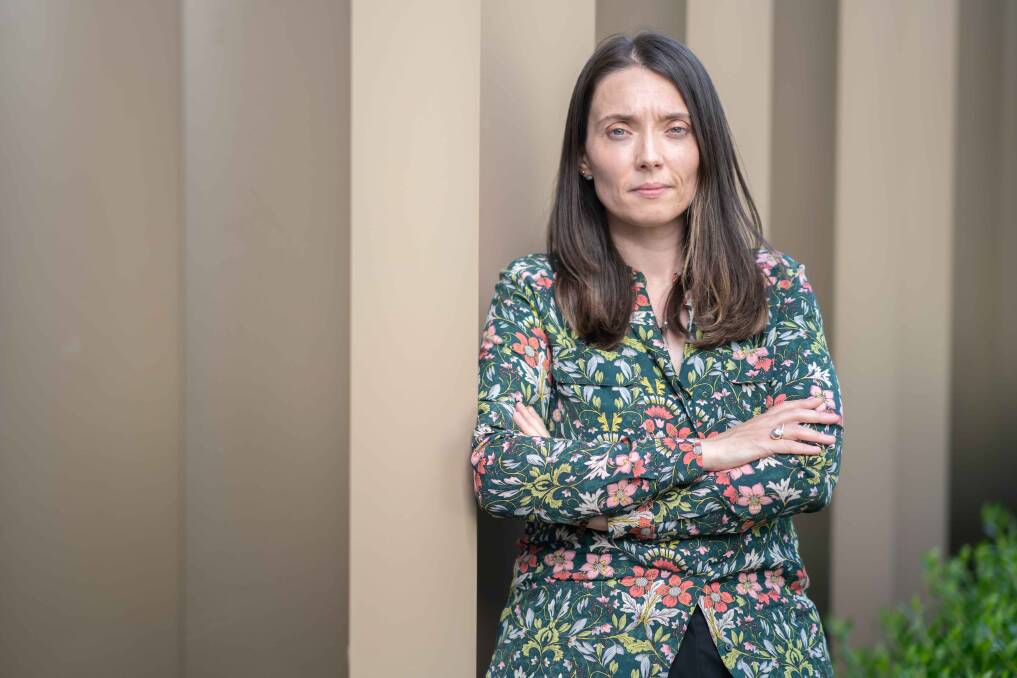
Children need more protection online, according to an expert at the Australian National University.
Subscribe now for unlimited access.
$0/
(min cost $0)
or signup to continue reading
Dr Faith Gordon said they were being "served up" with "explicit and disturbing content".
They also need to be protected from social media companies harvesting information about their online habits and then targeting them with adverts and promotions, she said.
Dr Gordon, who straddles law and criminology as her areas of expertise at the ANU, has just published a study of the attitudes and experiences of a group of young people in Britain, but she says Australian experience will be similar.
Alarmingly, we found children as young as two or three years old have been exposed to really violent and sexually explicit content.
- Dr Faith Gordon, ANU
She identifies social media companies, online gaming platforms and video and image sharing platforms as ones which need to take responsibility for what young children see.
"Alarmingly, we found children as young as two or three years old have been exposed to really violent and sexually explicit content," Dr Gordon said.
"Often, young people have to navigate distressing pushed content. Children also talked about experiencing unwanted contact, often from adults posing as children or being bombarded with scams."
One child in her study said: "When you can't get rid of something like a video of a suicide, it plays on your mind a lot. You relive it."
She said that the children themselves felt that they were not being protected from explicit sex and violence.
"Why do they allow it to happen? Why do they allow these people to pop up on your screen when you don't know who they are?" another child in the study said.
The ANU academic held focus groups with 42 people aged from ten to 22. She followed up by interviewing experts, including policy-makers and regulators, in Australia.
One of her recommendations is that companies should be responsible for the creation and maintenance of safe spaces online, and they should be held accountable if they don't respond to people's concerns.
Talking to the young people, she found that the great majority had seen "content online which had affected their mental and physical health". Most didn't report "online harm".
IN OTHER NEWS:
The Australian government is pushing legislation to compel social media platforms to adhere to a "Privacy Code". Under it, parents would have to give consent for their children to go on some platforms. Companies would be forbidden from hoarding and selling information about children's online spending and other habits.
But Dr Gordon thinks the Australian government needs to do more to protect children's right to privacy, particularly, she says, as the United Nations has recently released guidance which obliges governments to act upon.
Other jurisdictions already have better frameworks. In the European Union, for example, there is a "right to be forgotten", so some private information about a person can be removed so that it doesn't come up in internet searches. That means that a moment of childish foolishness, for example, doesn't blight a person's life way into adulthood.
In the EU, "processing of the personal data of a child" who is under 16 years of age can only be done by companies if parents give consent.
The UK is also toughening up regulations to protect children online and to protect information about them.
Dr Gordon thinks Australia needs to catch up.
Our journalists work hard to provide local, up-to-date news to the community. This is how you can continue to access our trusted content:
- Bookmark canberratimes.com.au
- Download our app
- Make sure you are signed up for our breaking and regular headlines newsletters
- Follow us on Twitter


